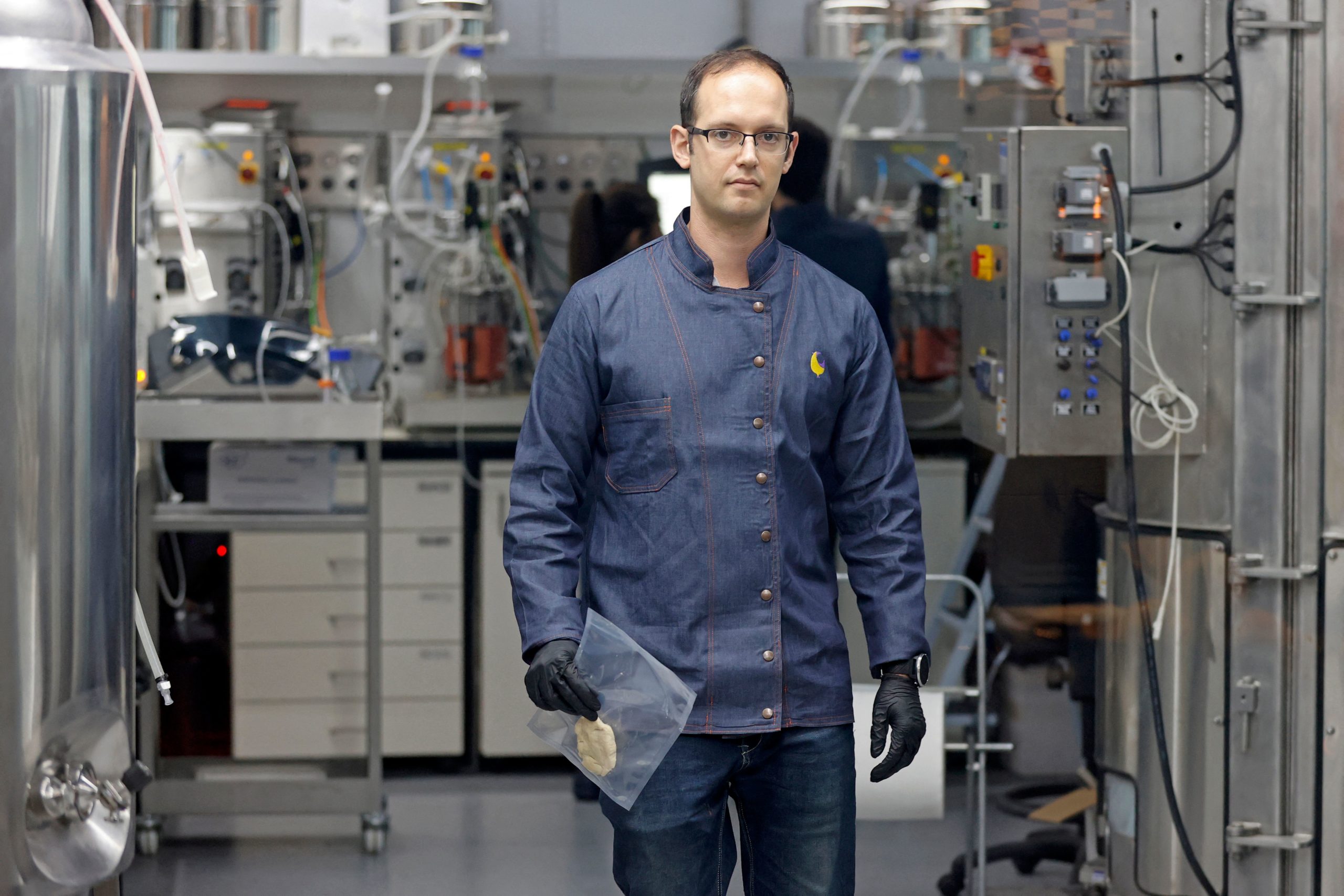Despite leading scientists generally agreeing that lab grown meat is safe to eat, no long-term studies have been conducted to reliably demonstrate this, Bloomberg reported Tuesday.
Lab-grown meat is often made using immortalized cell lines, which, unlike regular cells, are capable of continuously dividing and growing in a manner similar to cancer cells, according to Bloomberg. Companies developing lab-grown meats have largely remained silent about the connection between their product and cancer cells, possibly in a bid to keep consumers from getting skittish about their products.
“Although there is limited evidence to suggest that DNA from genetically engineered plant cells can integrate or be transferred into somatic cells or the microflora of the human gastrointestinal tract, due diligence would require further investigation in genetically engineered animal cells,” MIT researchers wrote in an October 2021 study, published in the International Journal of Molecular Sciences. “Confirming that future products made from immortalized animal cells expressing oncogenes, either through spontaneous immortalization or genetic engineering, would be safe represents a gap in knowledge in this field.”

A technician carries a lab-grown chicken meat in a sealed bag at the food-tech startup SuperMeat in the central Israeli town of Ness Ziona on June 18, 2021.(Photo by JACK GUEZ/AFP via Getty Images)
While there is no evidence to suggest that these cells — which are either cultivated from cancer cells or created with genetic modification — are dangerous for human consumption, there have also been no long-term studies on the health impact of these foods, according to Bloomberg. Some firms, such as Japan’s IntegriCulture have even shifted away from the practice to preemptively avoid being associated with cancer, choosing instead to experiment with methods that take cells directly from live animals. (RELATED: Fake Meat Industry Implodes After Years Of Hype)
“There will be someone who will be poking at this issue,” IntegriCulture CEO Yuki Hanyu told Bloomberg. “And it could basically flare up.”
The “best way” to permanently resolve the potential issue would be for a long-term study, in the range of 20 to 30 years long, to determine if consumers of lab-grown meat were more likely to develop cancer than others, MIT researcher Robert Weinberg, whose work demonstrated the genetic basis of cancer in the 1980s, told Bloomberg. However, “that’s not a practical experiment,” and companies are more likely to soothe public relations concerns if they are able to get their products approved by government regulators so consumers can actually try their products, Weinberg said.
All content created by the Daily Caller News Foundation, an independent and nonpartisan newswire service, is available without charge to any legitimate news publisher that can provide a large audience. All republished articles must include our logo, our reporter’s byline and their DCNF affiliation. For any questions about our guidelines or partnering with us, please contact licensing@dailycallernewsfoundation.org.


